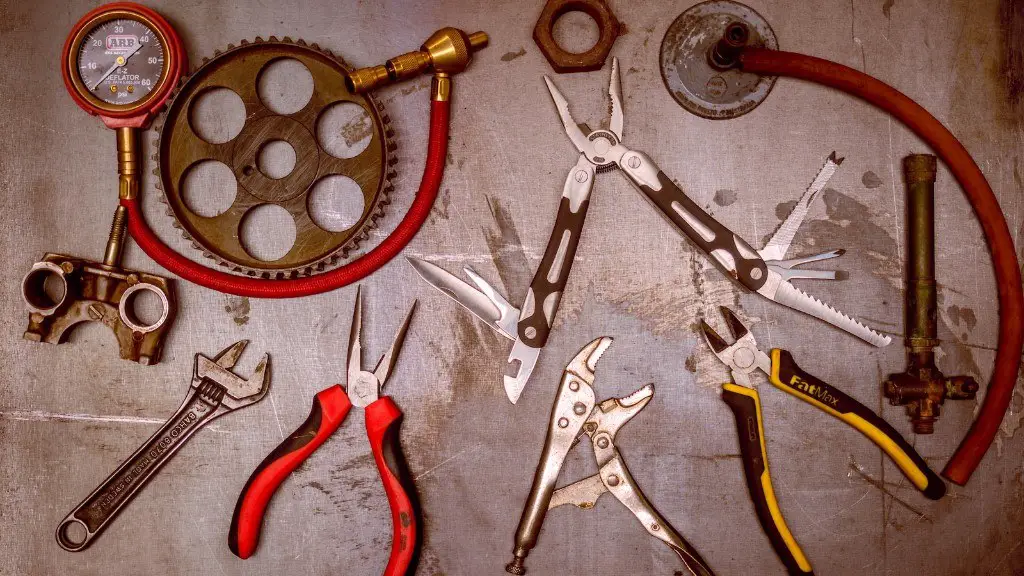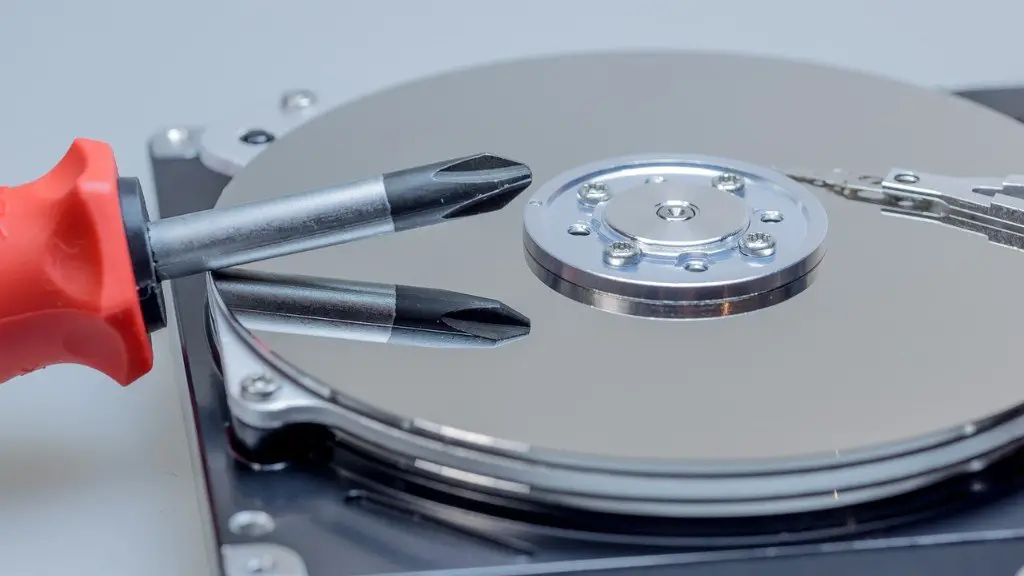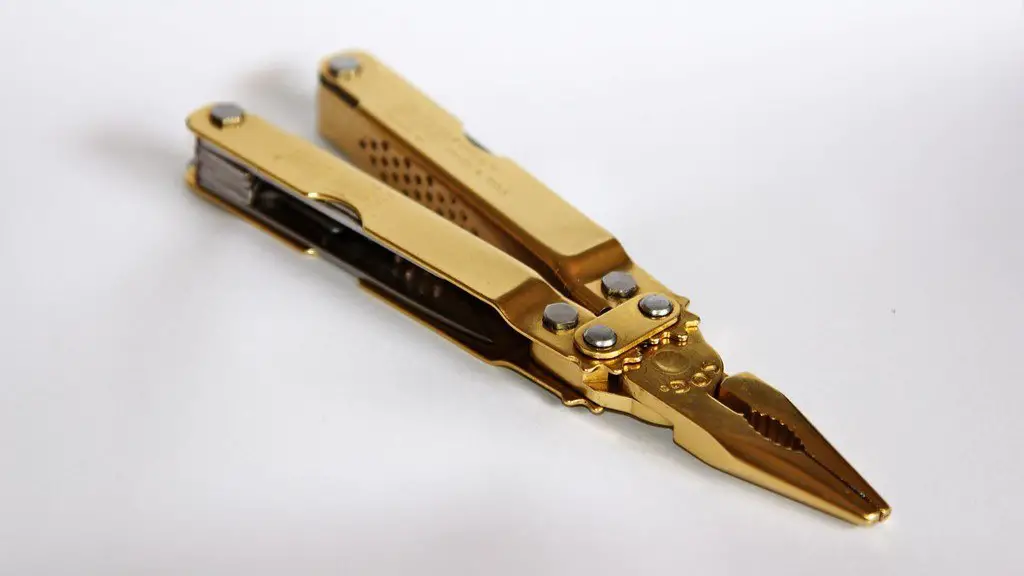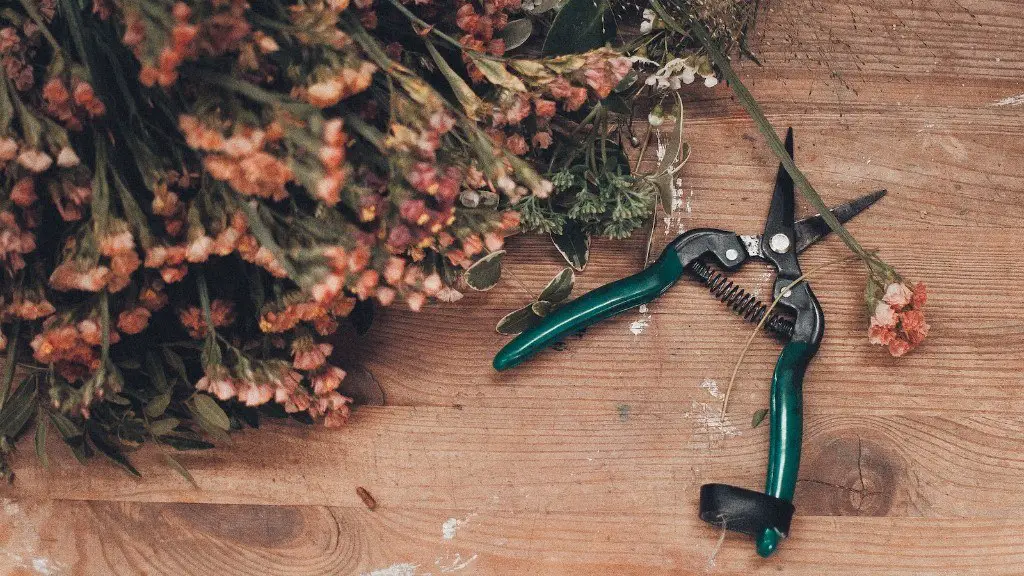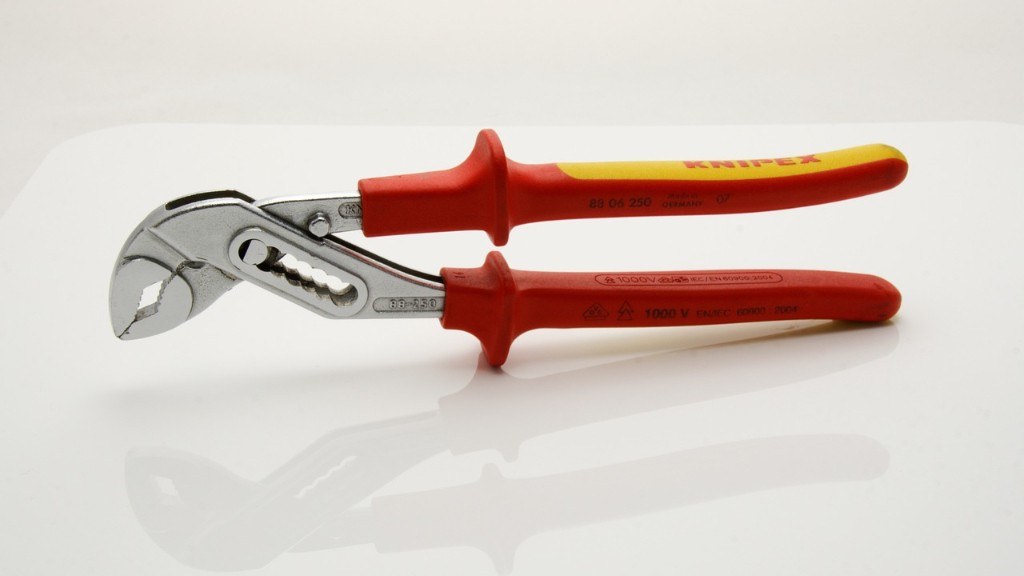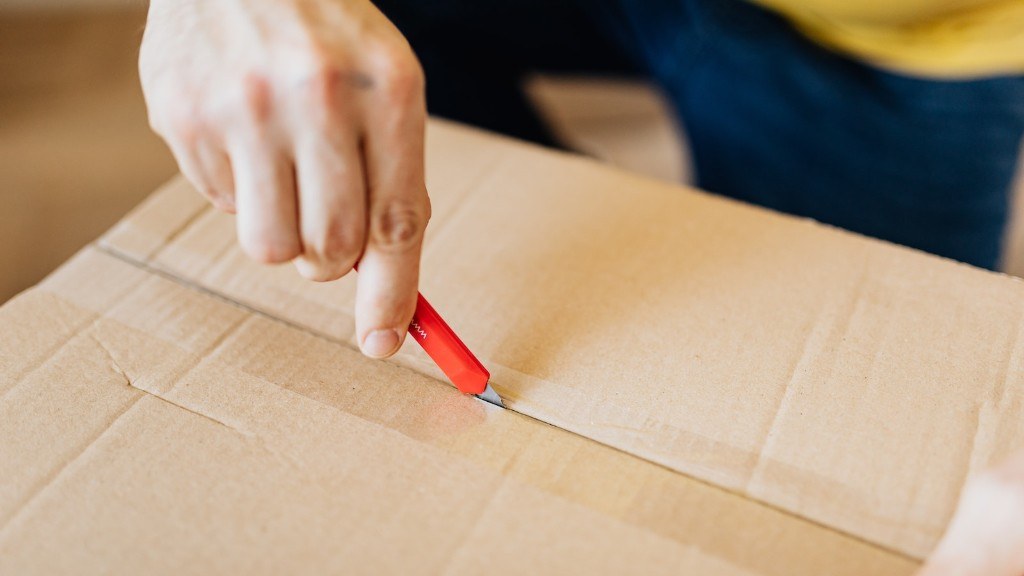Lineman pliers are a type of pliers used by electricians and linemen. They have a variety of features that make them ideal for use in tight spaces, around live electrical wires, and for cutting and twisting wire.
Lineman’s pliers are heavy-duty tools used by electricians to cut, strip and bend wire. They have a strong, gripping jaws and are built to withstand the high temperatures and forces often encountered in electrical work.
What is lineman pliers used for?
Lineman’s pliers are one of the most important tools used by electricians. They are used to cut, straighten, and bend wire, as well as to twist wires together when making splices. Without a good pair of lineman’s pliers, an electrician would be unable to do his or her job properly.
Lineman’s pliers are a type of pliers used primarily by electricians. They are distinguishable from other pliers by their stub nose, flat gripping surfaces, large cutting edges, and their angular edges on the outside of the jaw. Lineman’s pliers are a versatile tool that can be used for a variety of tasks, including cutting, stripping, and twisting wires.
Why are lineman pliers called lineman pliers
Lineman pliers are named for the occupation of electrical linesmen. The job of being an electrical linesman was born in the 1840s, with the invention of the telegraph. Telegraph lines were able to be strung between trees, however soon wooden poled were the preferred method of installing lines.
There is a big difference between combo pliers and lineman pliers. Combo pliers have a round jaw for grabbing nuts, while lineman pliers have a knurled jaw and cutters. Lineman pliers tend to be a bit larger and heavier. Europeans tend to use combo pliers and here in the USA we use lineman pliers.
Do I need Linemans pliers?
Lineman pliers are one of the most important tools for home electricians. They can be used to cut, straighten, and bend wire, as well as twist wires together when making splices. Having at least one pair of lineman pliers in your tool belt is essential for anyone working in the electrical trade.
This type of plier is really easy to grab and it allows you to more easily connect two pieces of electrical equipment. It is a great tool to have when you need to connect two pieces of equipment quickly and easily.
Why are knipex pliers so good?
The Knipex tools are high quality and durable tools that can take more abuse than other brands. They can also do the jobs of multiple other tools while still doing what they are supposed to do. The added features of Knipex make them easier to use and add value to the tools.
There are five types of pliers: slip-joint, water-pump, linesman, locking and needle-nose. Each type of plier has a specific purpose and is used for different tasks.
Slip-joint pliers are the most common type of plier. They have a simple design and can be adjusted to fit a variety of different size objects.
Water-pump pliers are used to grip and turn valves. They have a unique design that allows them to grip objects tightly.
Linesman pliers are used to cut and strip wire. They have long jaws that make it easy to reach into tight spaces.
Locki ng pliers are used to grip and turn objects that are difficult to turn. They have a locking mechanism that keeps them from slipping.
Needle-nose pliers are used to grip small objects. They have a long, thin jaw that can reach into tight spaces.
What is one thing pliers should never be used for
Pliers are often misused as general-purpose tools. Their use should be limited to operations for which they were designed: gripping and cutting (never for loosening or tightening nuts). Always use wrenches on nuts and bolt heads, never use a pliers.
And then what you can do is actually drop them on the floor You do that enough times it kind of breaks down the material and then you can actually eat it and it’s pretty good it’s like a crunchy kind of thing
Why don t linesman pliers close all the way?
Most modern day linesman’s pliers have jaws that don’t touch when closed. This is not a defect, it actually serves an important purpose. Remember when I said one of the pliers main purposes was to cut and twist wire? Well small wires are easily crushed and damaged when the powerful plier jaws meet in the middle. Having the jaws slightly offset prevents this from happening and extends the life of your pliers and the wire you’re working on.
Needle-nose pliers are a type of pliers that have a narrow, pointed form. They are handy because they can access hard-to-reach places. Tongue-in-groove pliers are another type of pliers that are commonly used by plumbers. They have a serrated jaw that can grip material tightly, making them ideal for working with pipes and other materials.
What are the best pliers for electricians
As an electrician, having a great set of pliers is essential. There are many different types and brands of pliers on the market, so it can be tough to choose the right ones. To help you out, we’ve put together a list of the best pliers for electricians, as well as a buying guide.
KNIPEX Tools Cobra Water Pump Pliers are our top pick for the best pliers for electricians. These pliers are made of high-quality materials and are built to last. They have a unique jaws that allow you to grip wires tightly, and the handles are comfortable to hold.
IRWIN VISE-GRIP Original Locking Pliers are our runner-up pick. These pliers are also made of high-quality materials, and they have a locking mechanism that keeps them in place while you work. The jaws are designed to grip wires tightly, and the handles are comfortable to hold.
Klein Tools J206-8C Long Nose All-Purpose Spring Loaded Pliers are our budget pick. These pliers are made of high-quality materials, and they have a spring-loaded design that makes them easy to use. The jaws are designed to grip wires tightly, and the
Pliers are a type of hand tool used for a variety of tasks such as bending, gripping, and cutting. They typically have two jaws – one fixed and one moveable – connected by a hinge. The jaws are made of tough metal materials such as steel or carbon, and the tips can be flat, half-round, or round in shape. Pliers are handy for a variety of tasks around the home, workshop, or office.
What tools do Lineworkers use?
A typical lineman’s toolbox should contain a variety of hand tools, including but not limited to the following: hammers, screwdrivers, wrenches, pliers, sockets, ratchets, crimping tools, wire stripping tools, skinning knives, and bolt cutters. Having a well-stocked toolbox is essential for any lineman, as it allows them to be prepared for any repair or installation job that comes their way.
Lineman’s pliers are a versatile tool that can be used for many applications, including electrical work, communications work, and construction work. They can be used to grip, splice, or cut wires, and to strip insulation. When using lineman’s pliers, it is important to use them properly in order to avoid damaging the wires or the insulation.
Can I touch live wire with pliers
.
Pliers are one of the most essential and versatile tools in any electrician’s tool kit. But they should never be used on live wires, even if they’re insulated.
Live wires are dangerous because they can conduct electricity. If you accidentally touch a live wire with your pliers, you could be electrocuted.
Pliers are also not the best tool for gripping or cutting wires. They can damage the insulation, which could result in a short circuit or other electrical problems.
If you need to work with live wires, use a voltage tester to make sure the wires are de-energized before you start working on them.
Final Words
Lineman pliers are a type of pliers used by electricians and linemen to grip and cut wire.
Lineman pliers are a type of slip joint pliers with a long, tapered nose designed for work in confined spaces. The long nose allows the pliers to reach into small places, while the serrated jaws grip wire and other materials securely. Lineman pliers are a versatile tool that can be used for a variety of tasks, including electrical work, automotive repairs, and general DIY projects.
